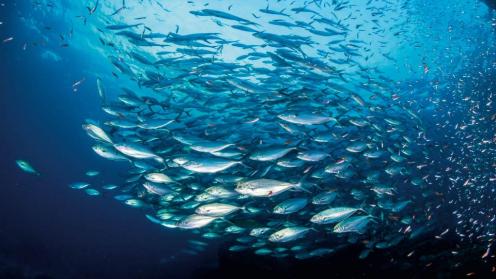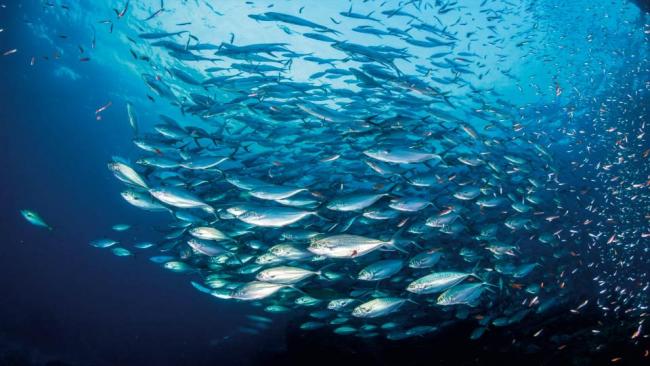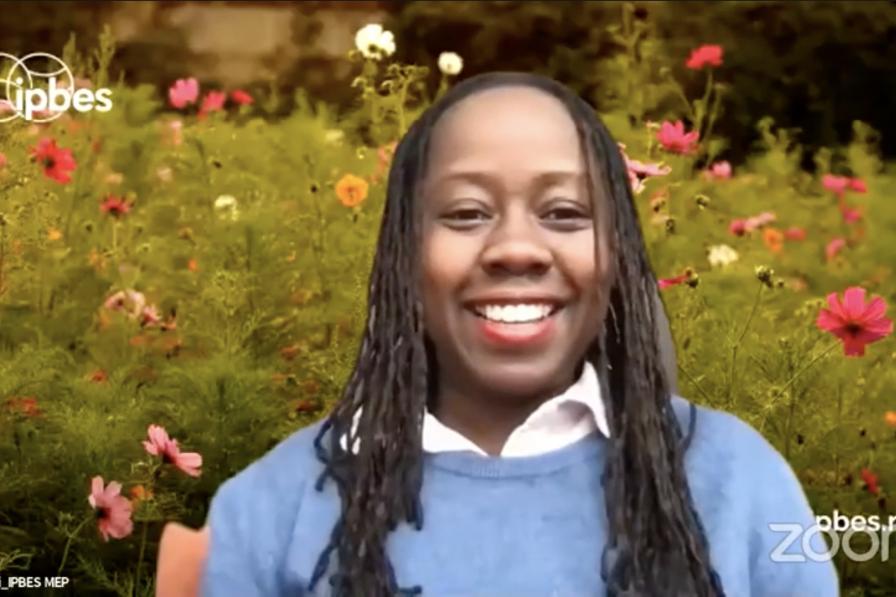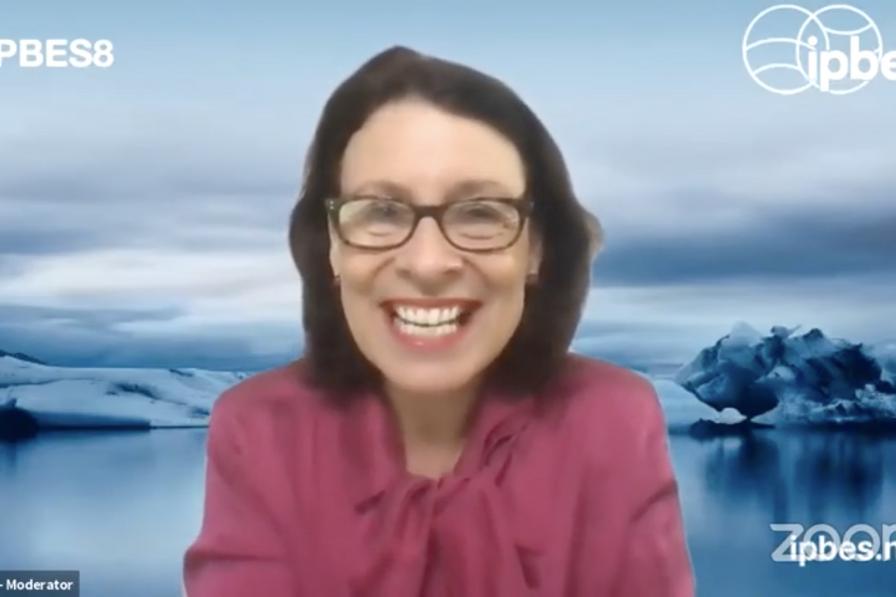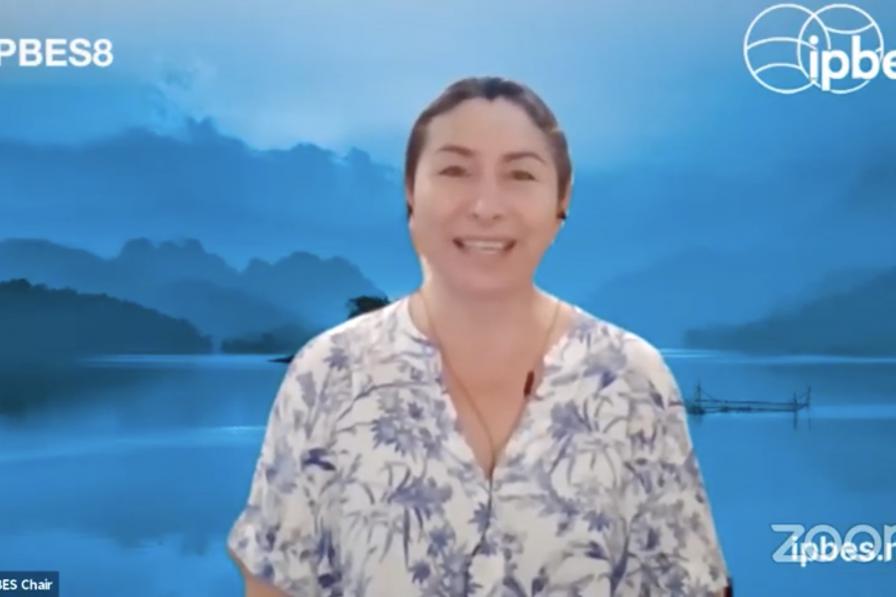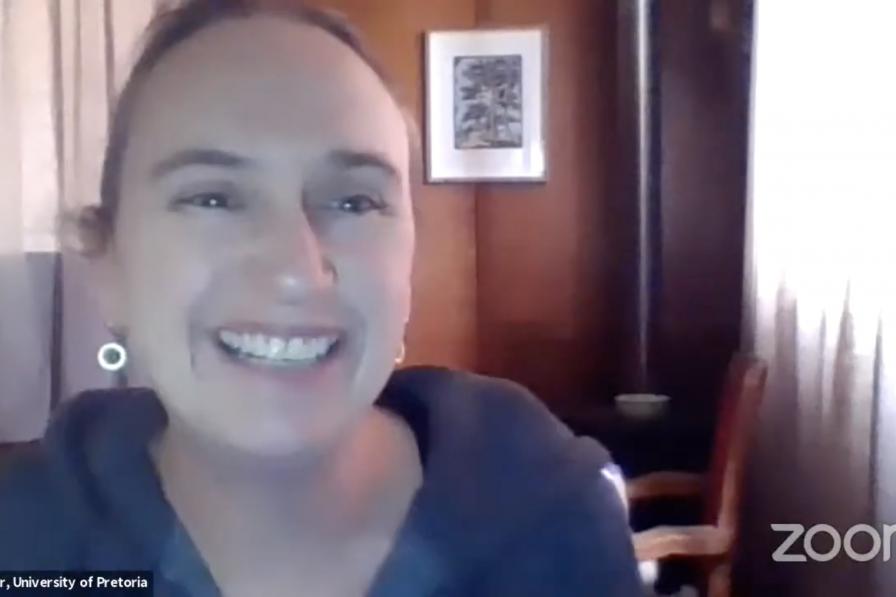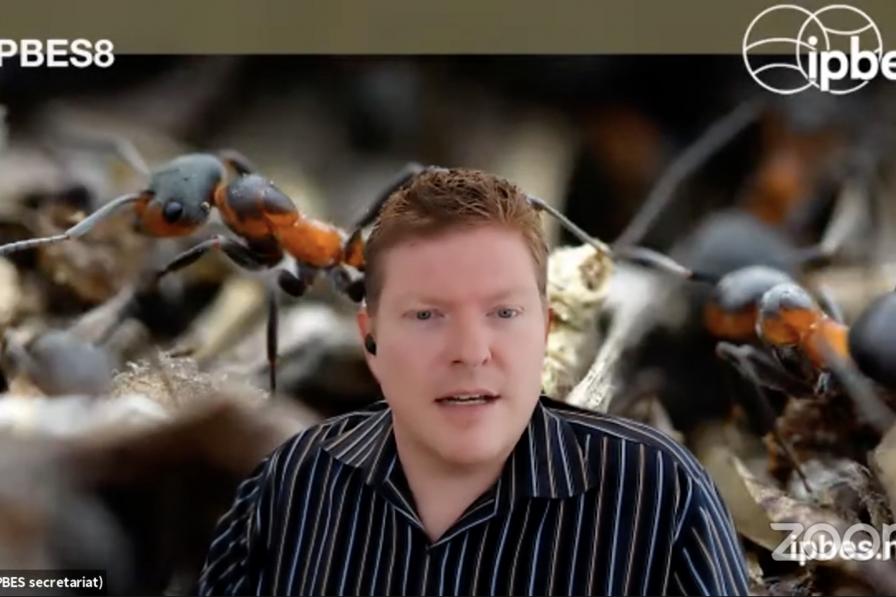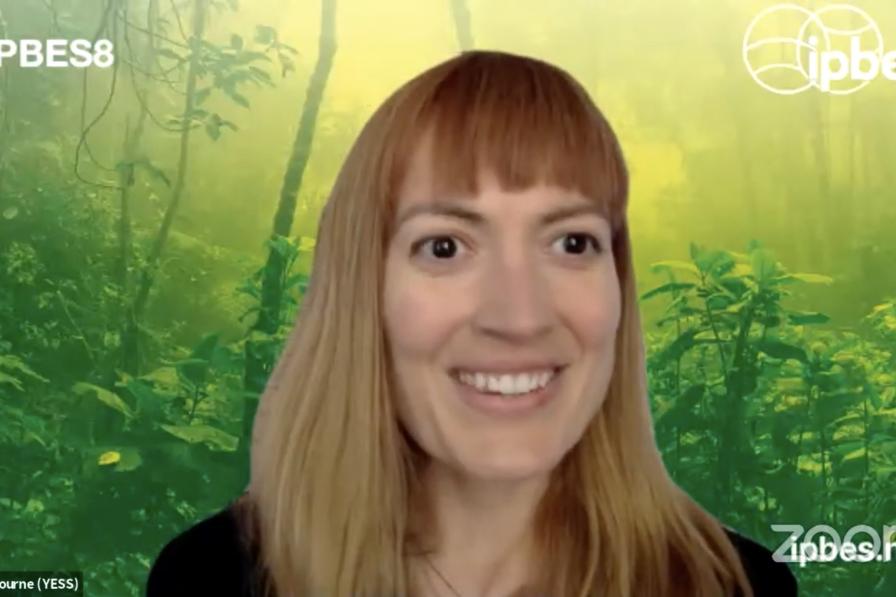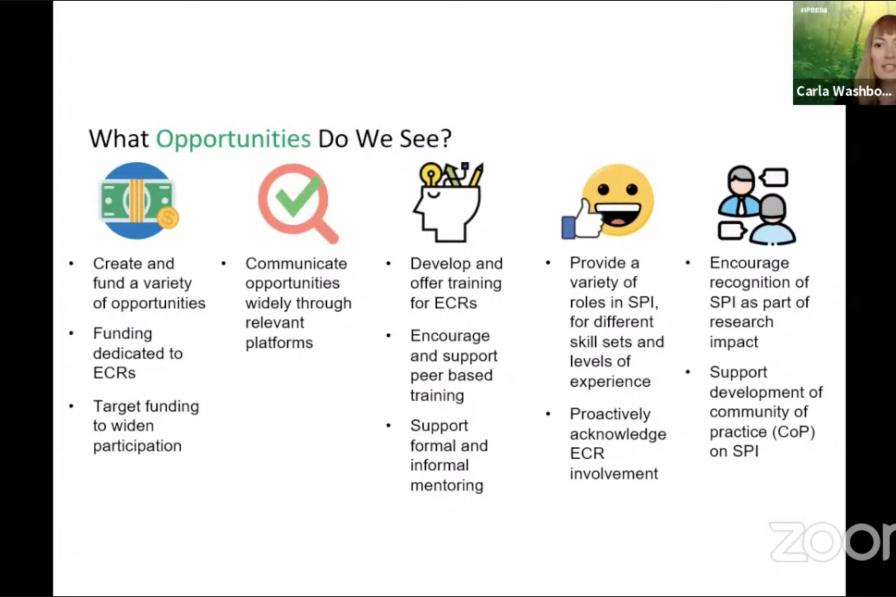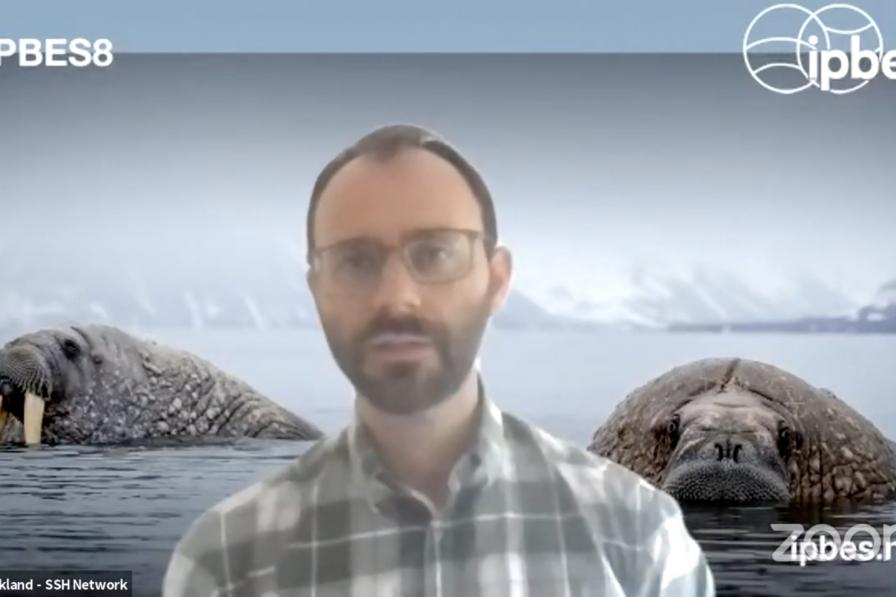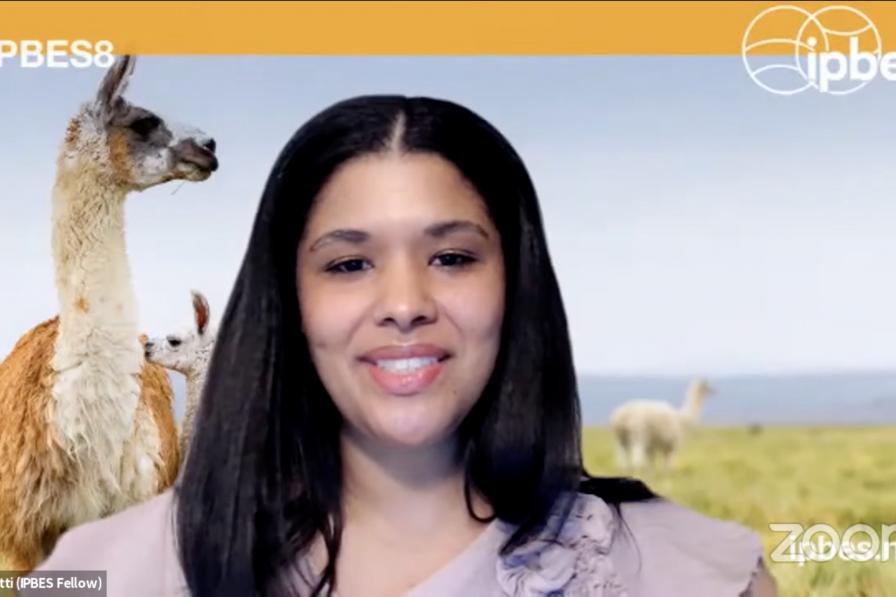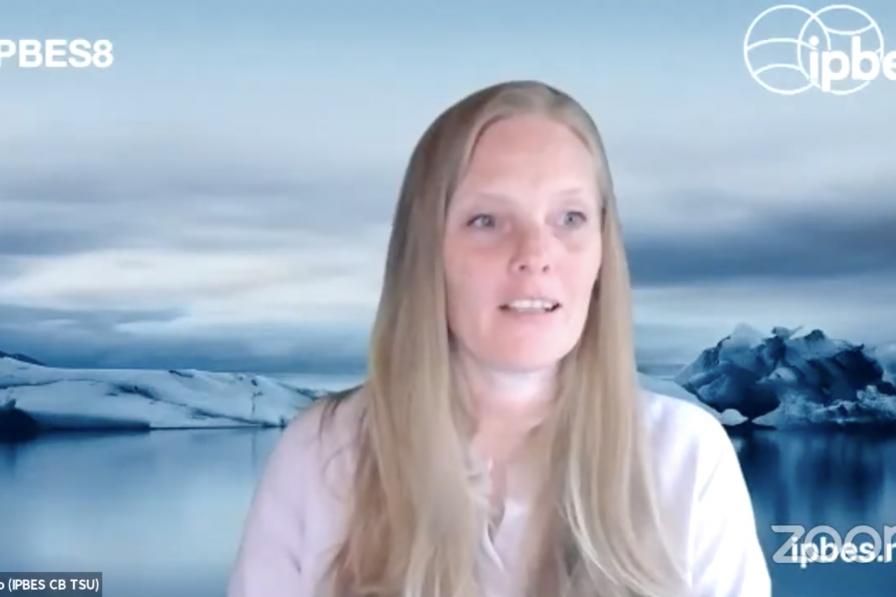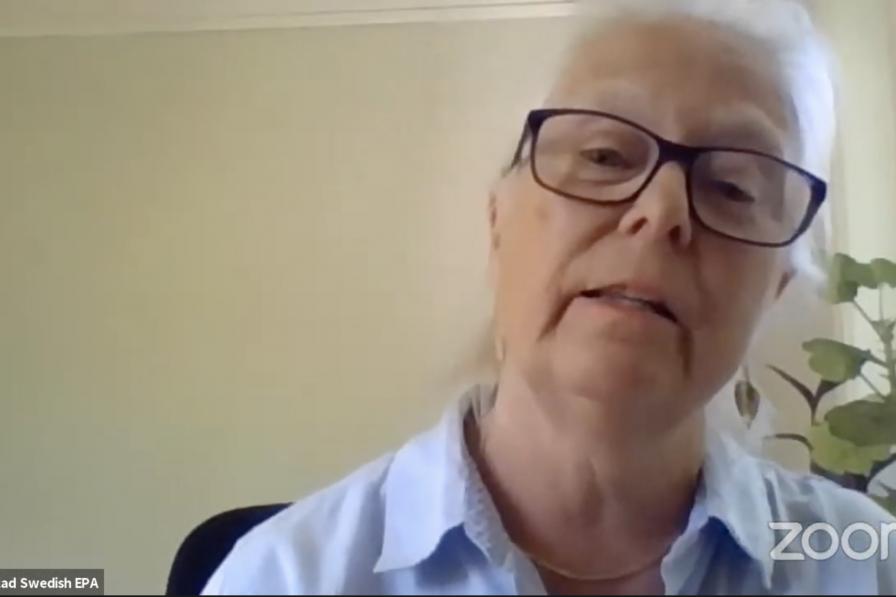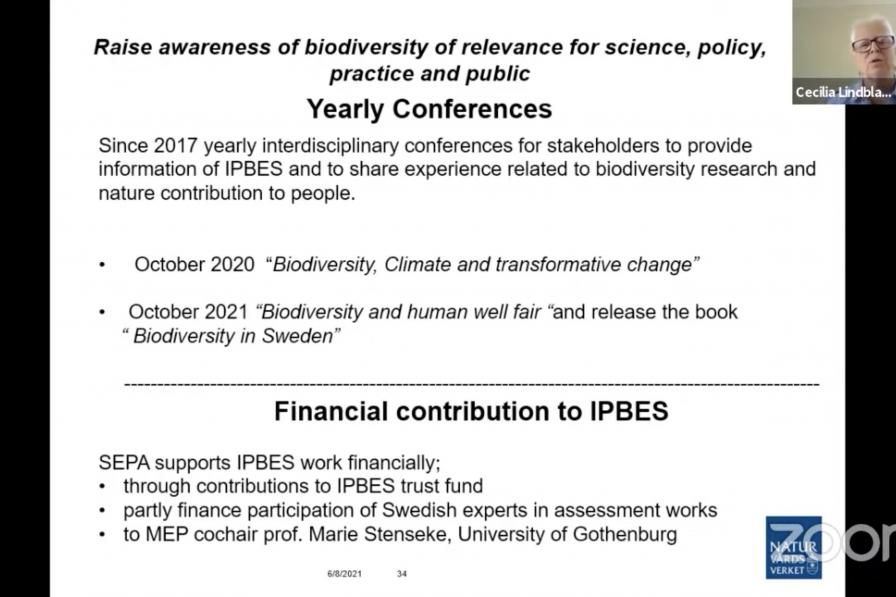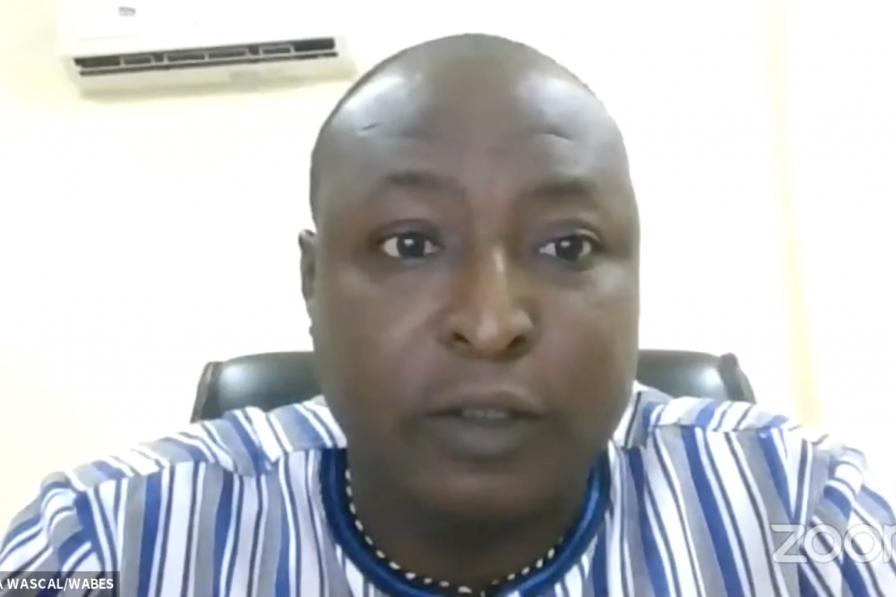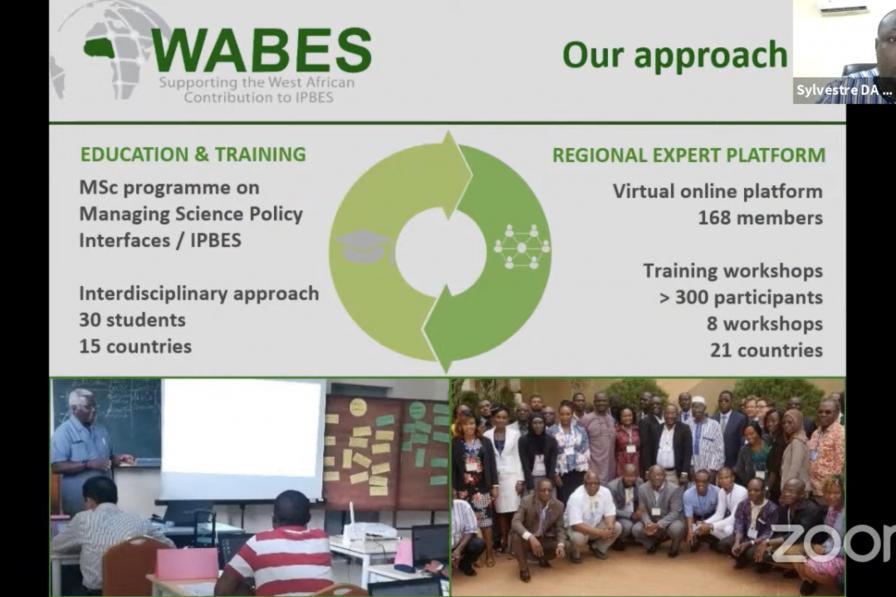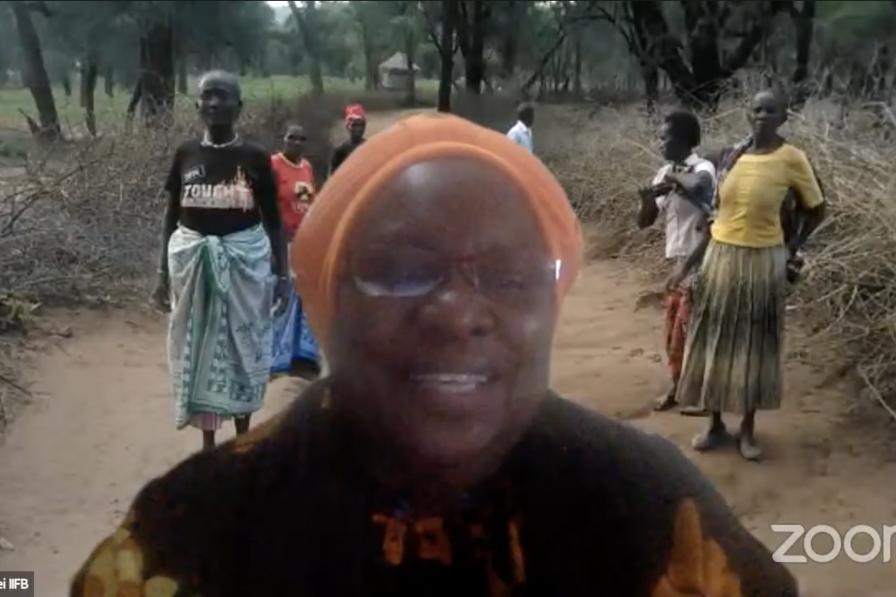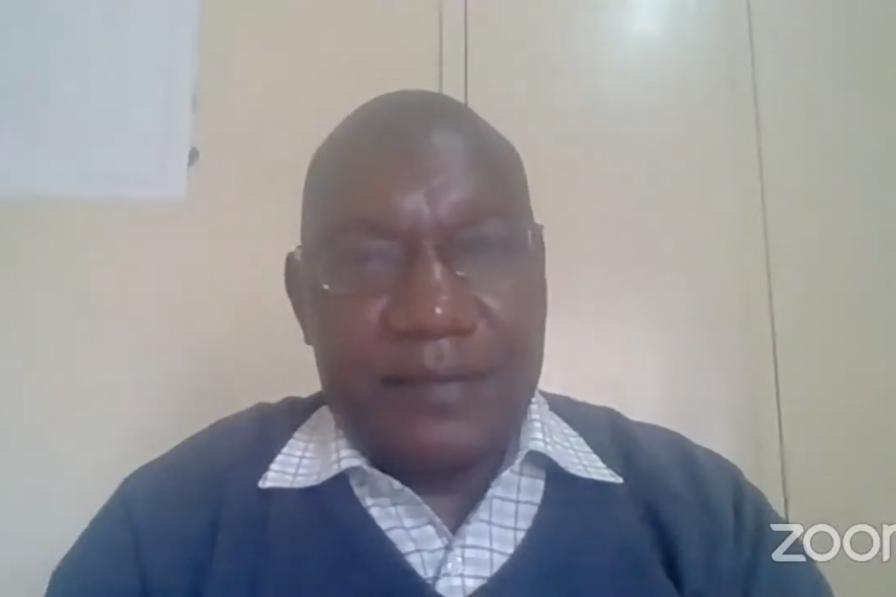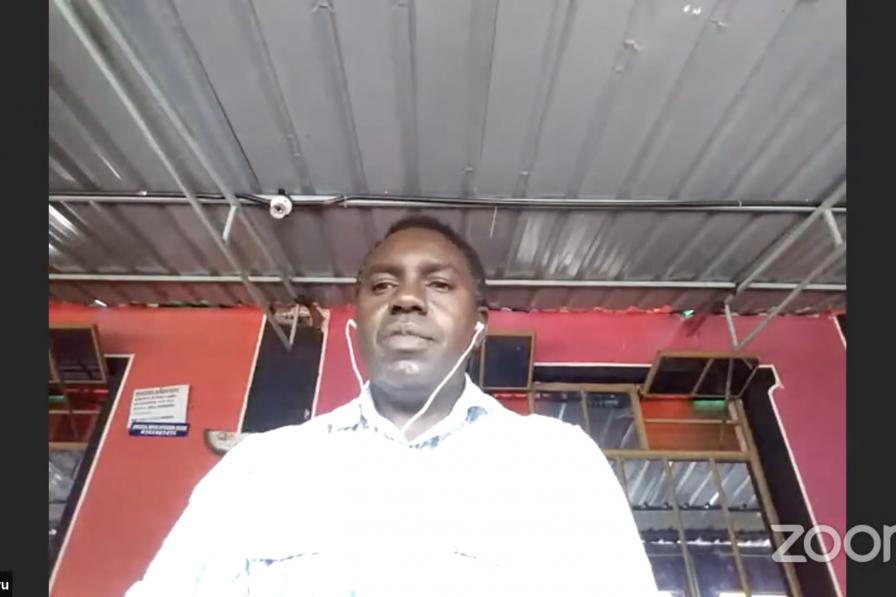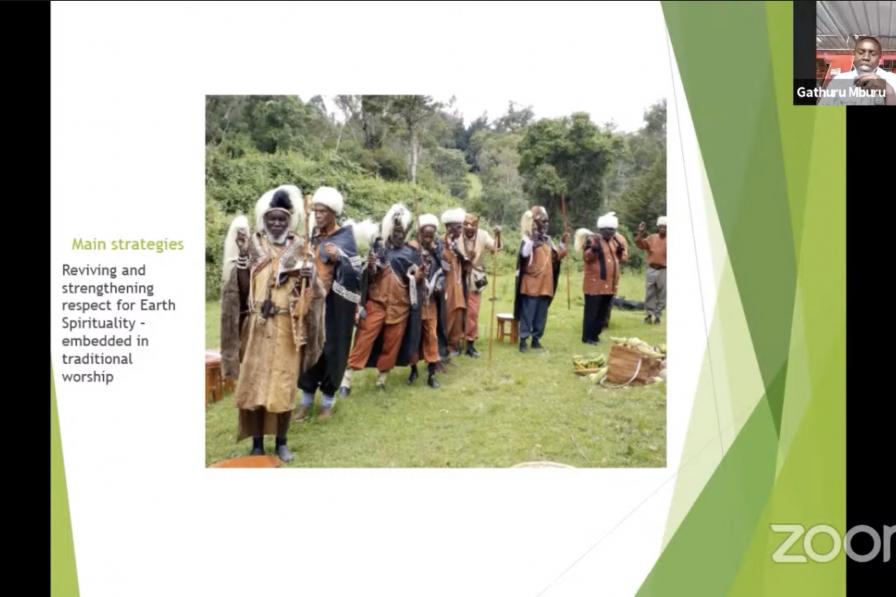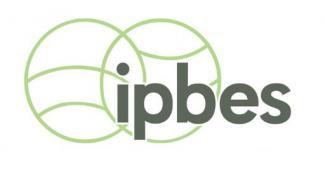The penultimate session of the Stakeholder Days focused on Africa, Europe, and Central Asia. The session, moderated by Claire Doole, Claire Doole Communications and Wanja Dorothy Nyingi, Multidisciplinary Expert Panel Member and National Museums of Kenya, was once more highly interactive, allowing participants to pose questions to panelists and exchange ideas on regional aspects of biodiversity conservation and sustainable use.
IPBES Chair Ana María Hernández Salgar (Colombia) gave opening remarks, highlighting that the important decisions on environmental policy to be made in the near future must be based on best available science, underscoring IPBES’ role in that respect.
Emma Archer, University of Pretoria and Co-Chair of the IPBES 2018 regional assessment for Africa, provided an outline of the biodiversity status in the African continent, stressing that nature’s contributions to human well-being are under accounted for. She also underscored implementation gaps.
Markus Fischer, University of Bern and Co-Chair of the regional assessment for Europe and Central Asia, highlighted the region’s large ecological footprint, focusing on knowledge gaps, including geographical variation, loss of Indigenous and local knowledge, and understanding the indirect drivers of biodiversity loss.
In the ensuing discussion, the Co-Chairs responded to questions on:
- implementation gaps;
- data deficiencies;
- ways to communicate the assessments’ results to policy makers;
- ways to address environmentally unsustainable practices;
- population growth as an indirect driver of biodiversity loss; and
- intergenerational behavioral change.
Regarding engaging with IPBES functions, Carla Washbourne, Young Ecosystem Services Specialists (YESS) Network, focused on the findings of the research on the motivations, barriers, and opportunities for early career researchers to get involved with IPBES work. Håkon B. Stokland, Social Sciences and Humanities Network (SSH Network), Open-ended Network of IPBES Stakeholders (ONet), and Lelani Maurice Mannetti, IPBES Fellow, shared valuable insights, knowledge, and motivations regarding closer cooperation with IPBES.
On regional and national science-policy platforms, Cecilia Lindblad, Swedish Environmental Protection Agency and IPBES national focal point, outlined reports and initiatives of the Swedish Scientific Council for Biodiversity and Ecosystem Services in collaboration with IPBES and the Convention on Biological Diversity (CBD). Da Sylvestre Sié, West Africa Science Center on Climate Change and Adapted Land Use (WASCAL) and West Africa Biodiversity and Ecosystem Services (WABES) programme, presented various aspects of the WABES programme, including efforts on:
- capacity building;
- increasing uptake of IPBES’ work;
- stakeholder engagement; and
- communications across West Africa.
Regarding the engagement of indigenous peoples and local communities (IPLCs) in regional and national platforms, Lucy Mulenkei, International Indigenous Forum on Biodiversity and Ecosystem Services (IIFBES), underscored IPLCs’ work on biodiversity conservation and the importance of traditional and Indigenous knowledge. Simon Mitambo, African Biodiversity Network, highlighted work related to community ecological governance, including reviving Indigenous and local knowledge and practices. Gathuru Mburu, Ngaatho Community Foundation, focused on mobilizing Indigenous and local knowledge. He outlined the national policy environment on ILK, addressed main strategies for reviving and strengthening respect for the planet and agroecological practices, and presented co-management initiatives regarding ecosystem governance.
Wanja Dorothy Nyingi provided an overview of the session, thanking panelists and participants for their contributions. Miguel Fernandez, ONet, invited participants to continue work on the stakeholders’ opening statement at IPBES-8.
To receive continuing coverage of this event delivered to your inbox, subscribe to the ENB Update newsletter.
Selected Images
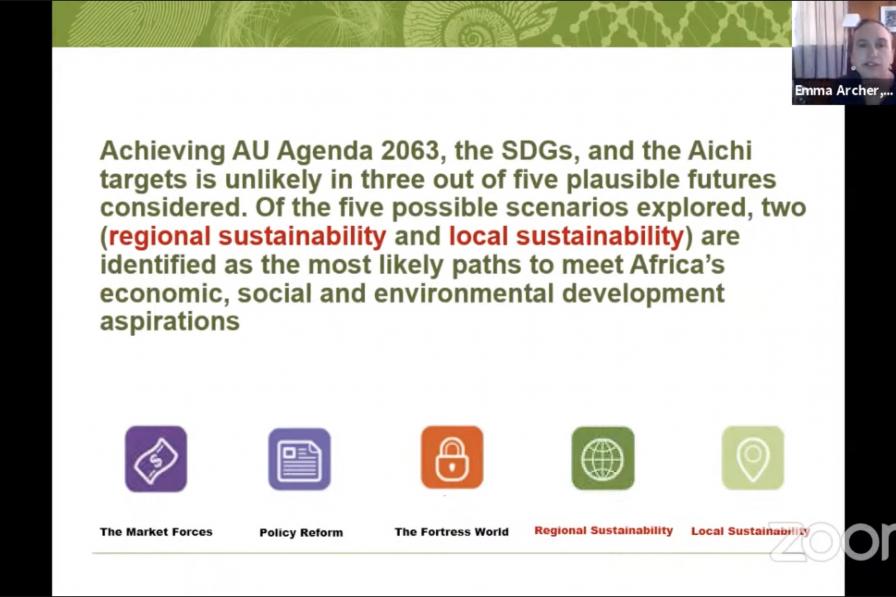
A slide from the presentation made by Emma Archer, University of Pretoria and Co-Chair of the IPBES 2018 regional assessment for Africa
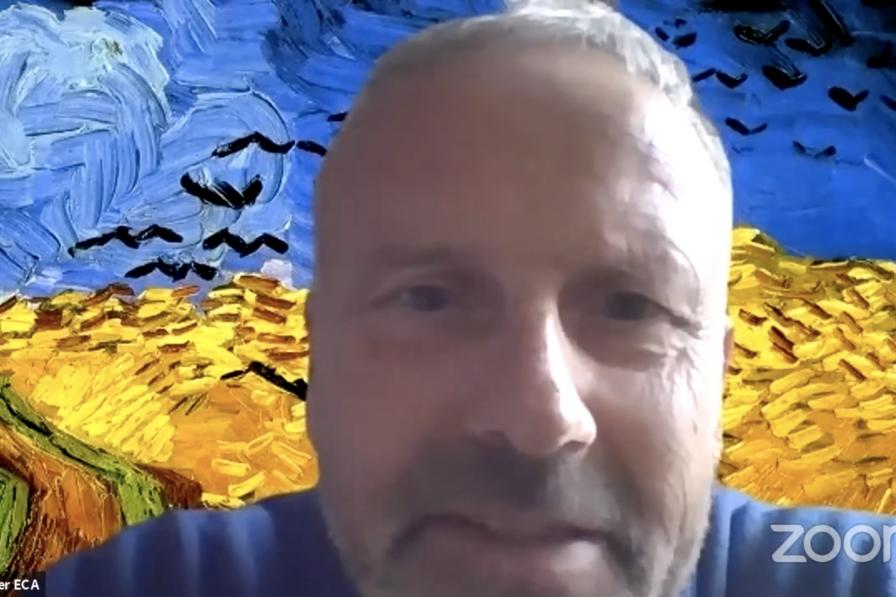
Markus Fischer, University of Bern and Co-Chair of the regional assessment for Europe and Central Asia
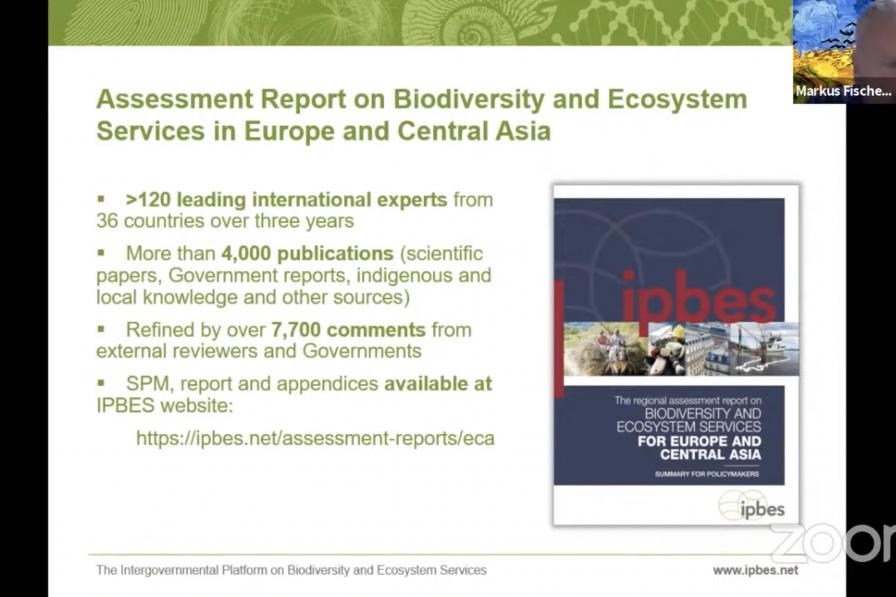
A slide from the presentation made by Markus Fischer, University of Bern and Co-Chair of the regional assessment for Europe and Central Asia
